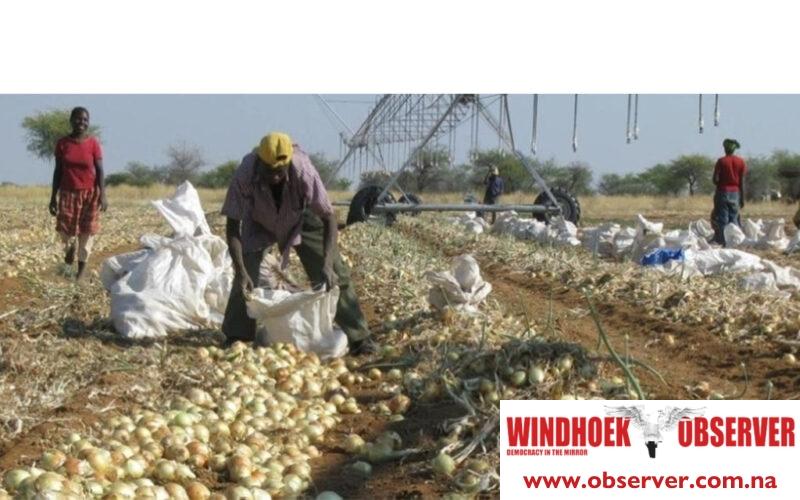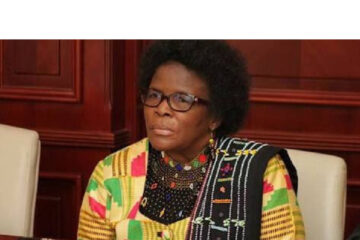Martin Endjala
Paulus Mbangu, National Council and Member of Parliament says when he reflects on Namibia’s 34th Independence, there is a dark cloud still hanging over the country’s food security and that it is a problem that continues to persist.
Mbangu said Independence Day is a time to celebrate the people, the culture and the history of the sovereign state. Hence the annual celebrations are held, to remind Namibians of all sacrifices made and the good deeds, how it was done, who did it, and how all citizens are historically connected to it.
“We have a lot to celebrate as a country but we also have a lot of shortcomings as a country,” said the MP in response to the significance of Independence.
He stated that it is sad that as Namibia celebrates its 34th independence anniversary the country depends almost exclusively on others to feed its citizens because it failed to address food security due to a lack of political will.
He believes the state of affairs is an affront to the economic and political sovereignty and he pointed out that access to equitable and quality higher education remains a pipe dream amongst many learners in Namibia.
Particularly, when considering the continuing poor performance of the general education system and the confusion between the institutions of higher learning and the Ministry of Education, Arts and Culture about the admission criteria.
He highlighted that the health sector is performing very poorly, with recent reports suggesting inadequate medicine in hospitals, while poor and unemployed patients are told to go buy medicine in private pharmacies which in essence means sending them to their graves because they can’t afford it.
“In our Constituency, we have one clinic which was built before independence. No hospital was built in Kavango East after independence except the expansion of Rundu Hospital with a maternity ward. Access to quality healthcare remains a pipe dream to the Rural poor,” he argued.
Moreover, he said that rural electrification which is the catalyst for development is another pipe dream to the majority of people in rural areas.
However, with the recently allocated N$130 million towards electrification under the Mines and Energy Ministry, this can be addressed.




